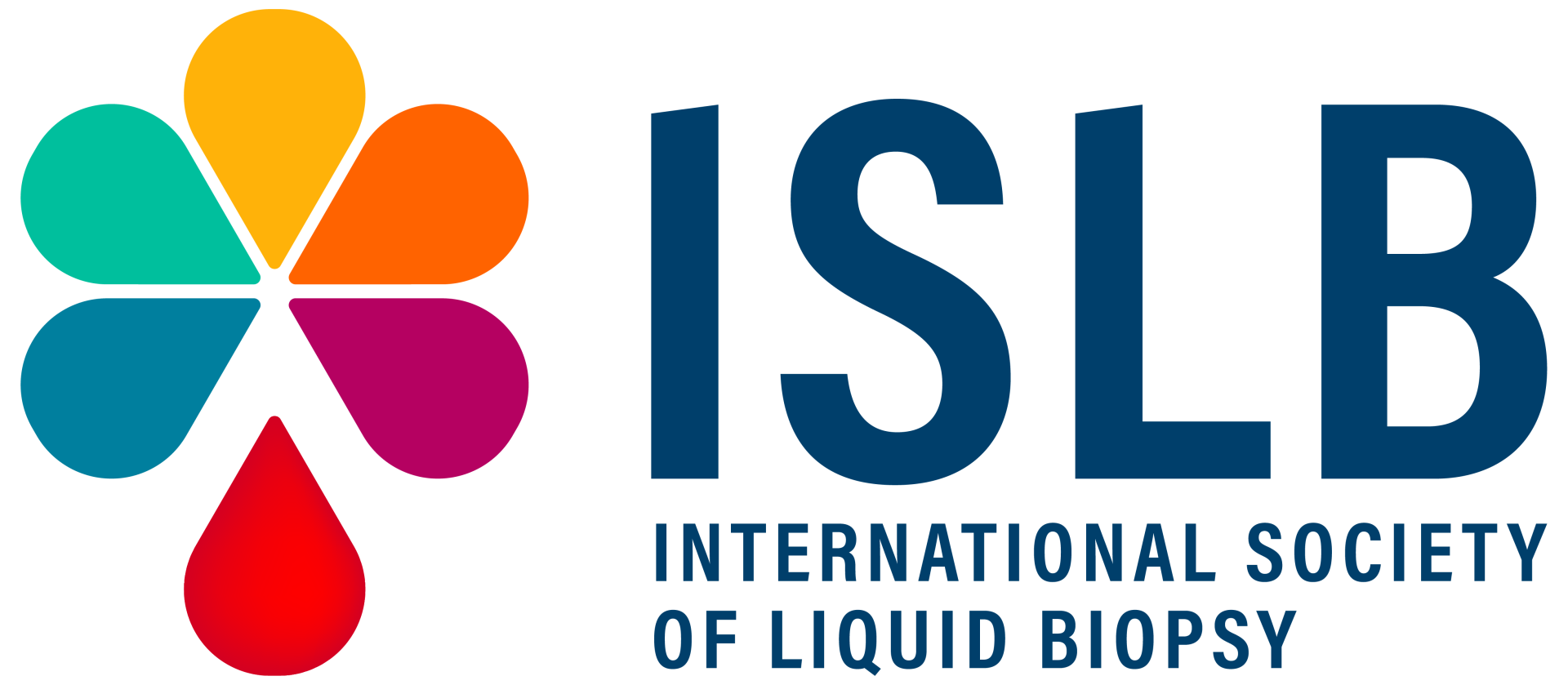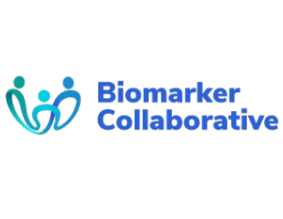In this insightful video, experts Prof. Frédérique Penault-Llorca and Dr Aditya Bardia explore the evolving landscape of biomarker testing in HR+/HER2- metastatic breast cancer. They discuss when and how to effectively utilise liquid and tumour biopsies, the importance of including all relevant biomarkers in test requests throughout the patient journey, and how these test results directly impact treatment decisions and patient management.
This discussion offers valuable guidance for optimising personalised care in advanced breast cancer. Watch the video above and download the accompanying slides for more details.
Clinical takeaways
- Liquid biopsies offer a less invasive alternative to traditional tissue biopsies in patients with advanced breast cancer to examine molecular features
- The role of liquid biopsy should be seen as a complementary testing method to tissue-based assays, and the information derived should be reviewed in combination with tissue results
- Liquid biopsy can detect mutations such as ESR1 and PIK3CA that are often associated with resistance to endocrine therapies and may be therapeutic targets
- Multigene NGS testing is recommended by the ESMO and NCCN guidelines to ensure a broad spectrum of genetic alterations can be detected










 Downloadable
Downloadable  20 MIN
20 MIN
 Feb 2026
Feb 2026 







